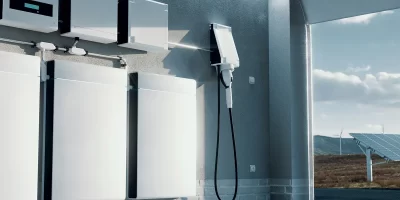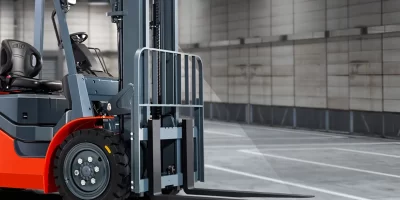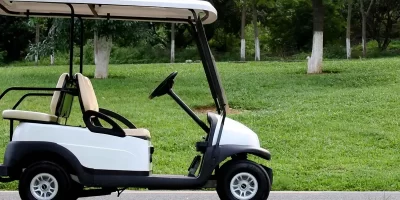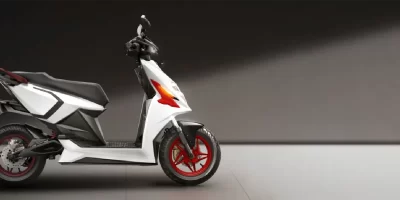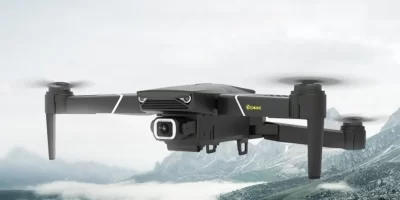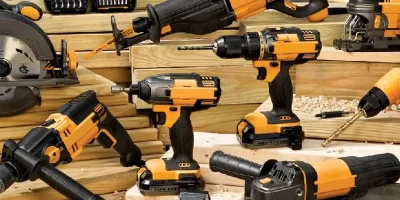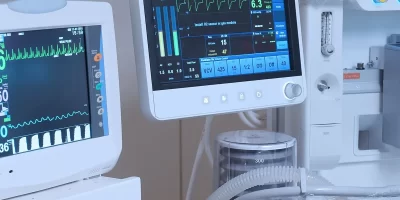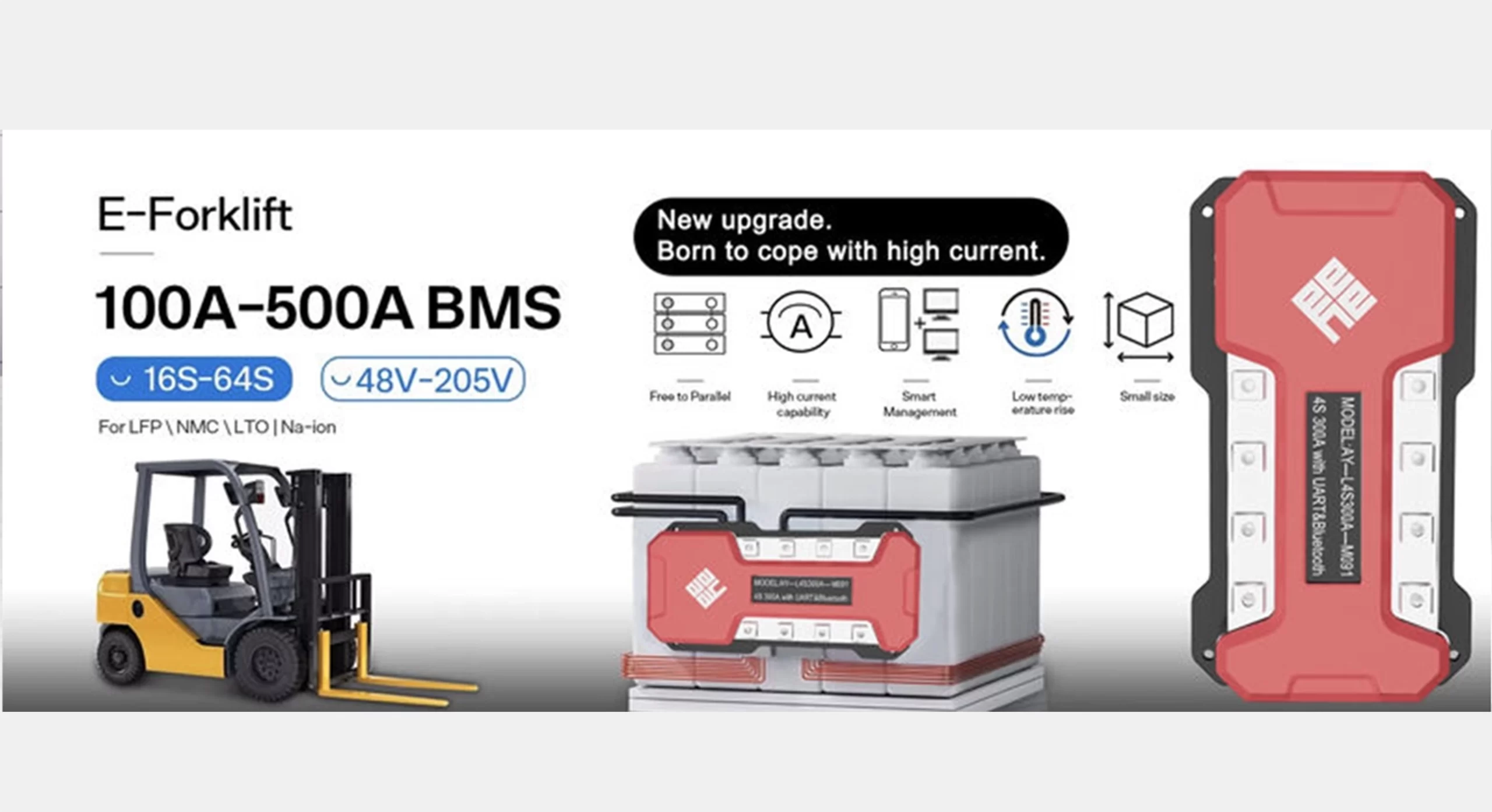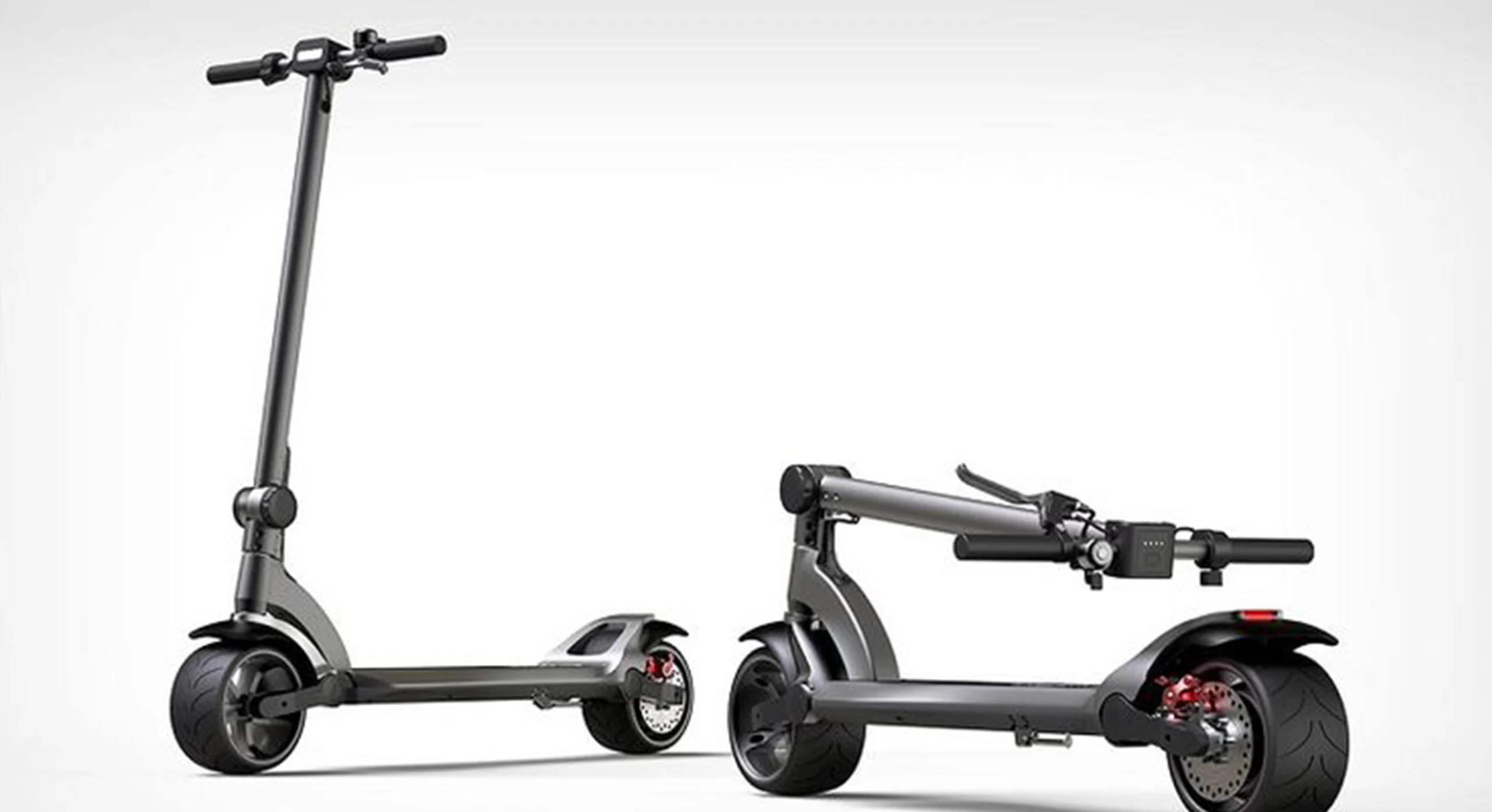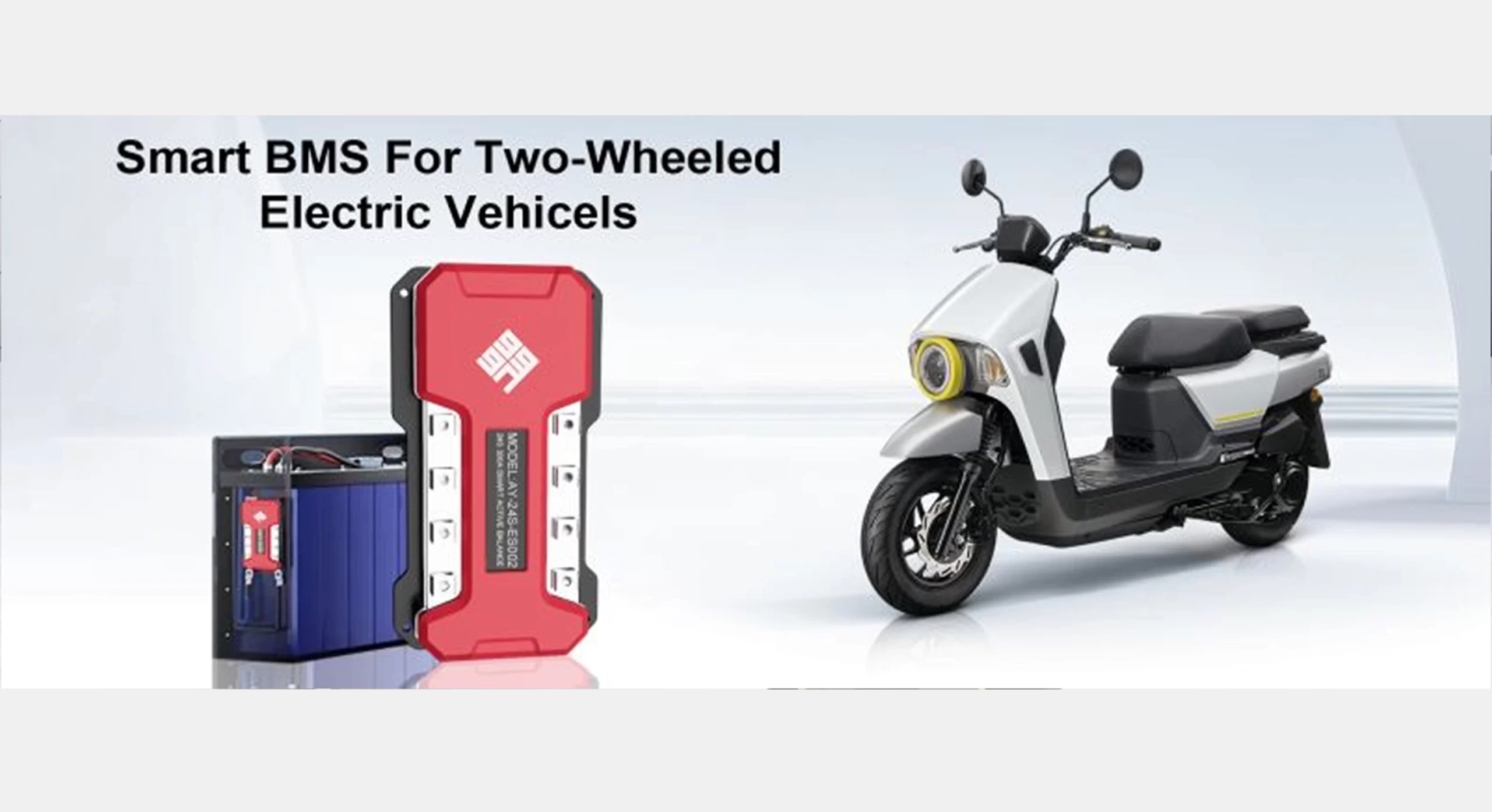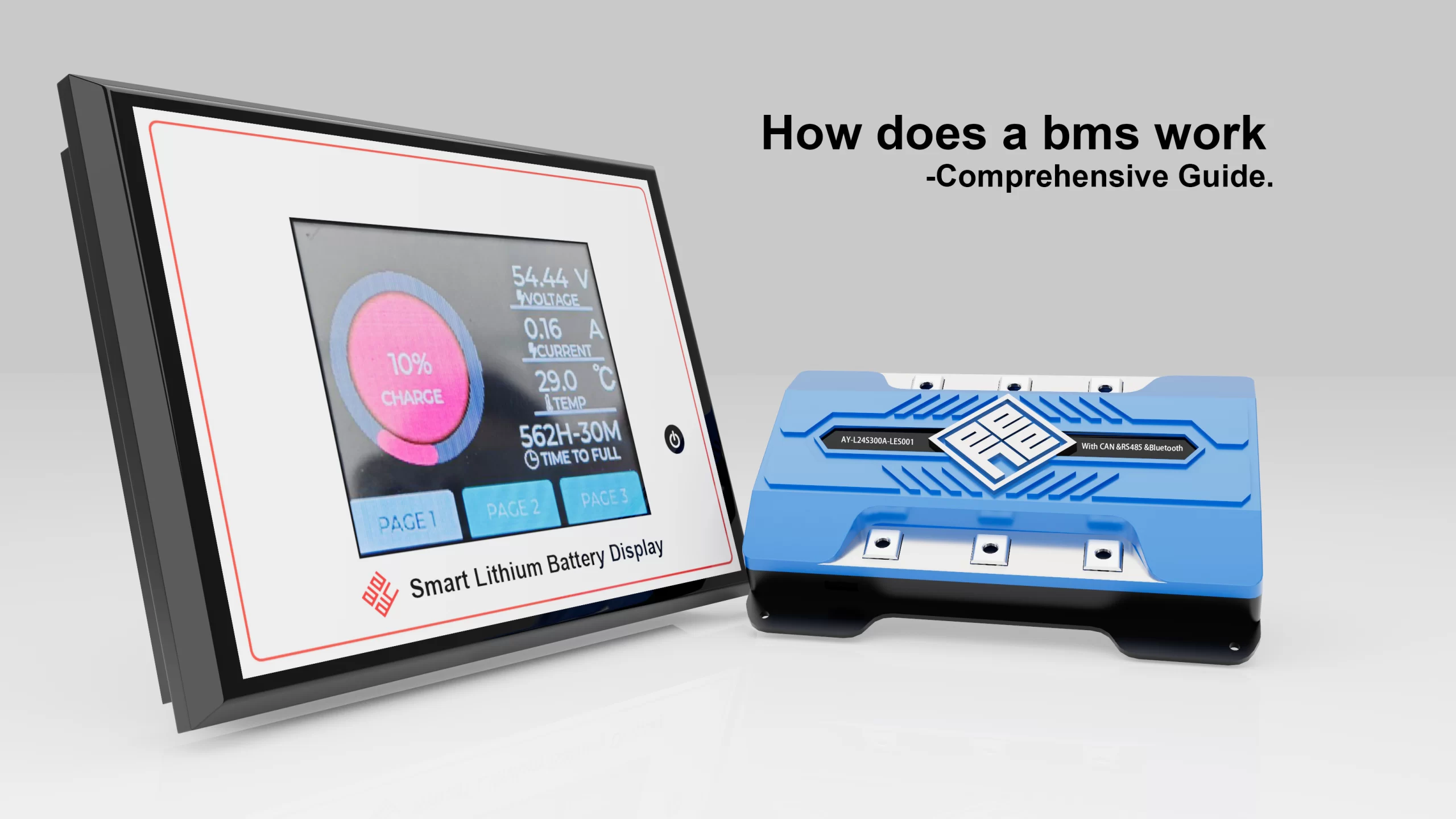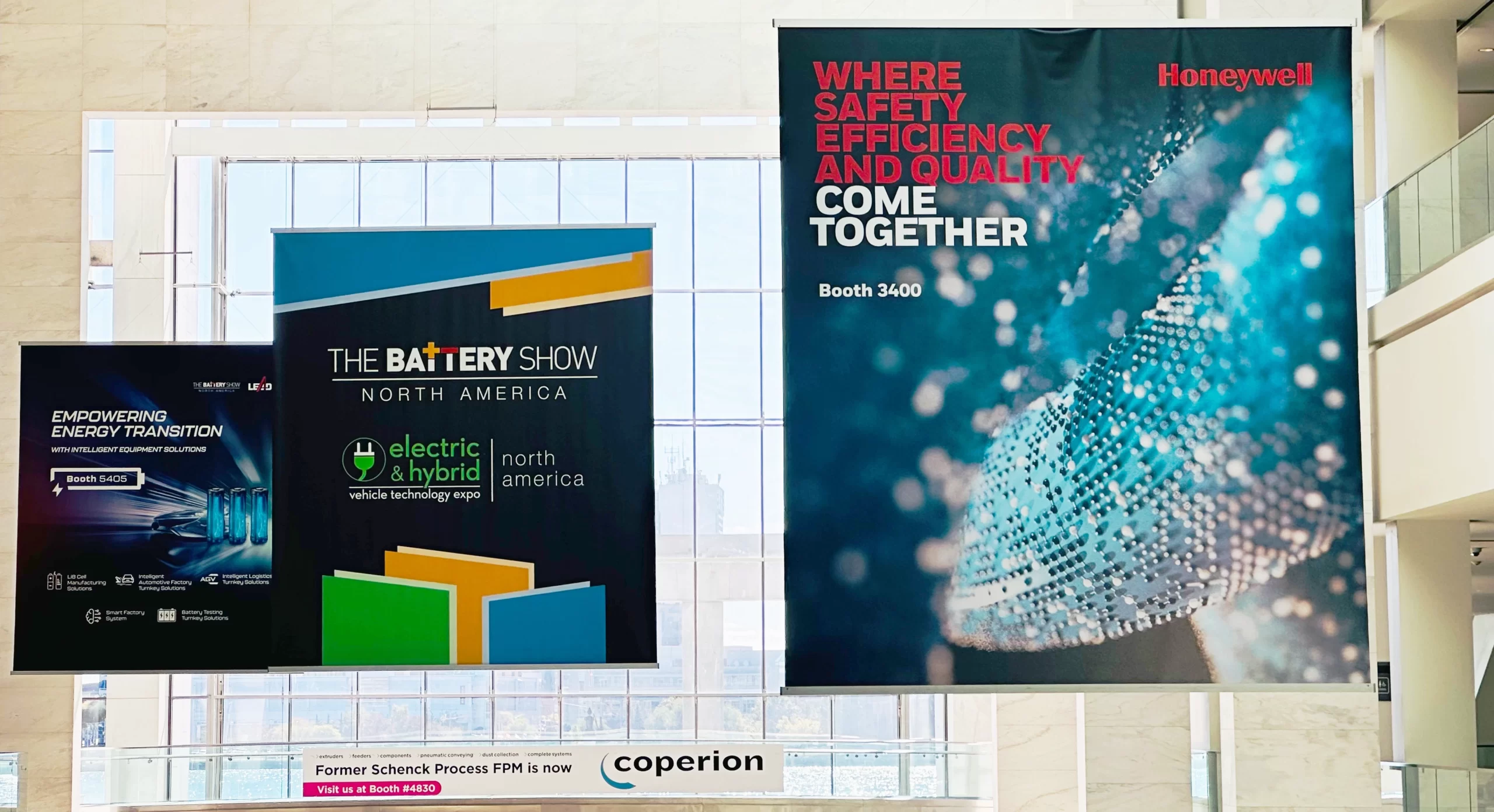Home About Us EVENTS & NEWS How to Choose the Best Forklift Battery 12V for Maximum Efficiency and Cost Savings
How to Choose the Best Forklift Battery 12V for Maximum Efficiency and Cost Savings
How to Choose the Best Forklift Battery 12V for Maximum Efficiency and Cost Savings
Forklifts are essential in various industries, from warehousing to manufacturing, where they help in moving heavy loads and improving operational efficiency.
When choosing a forklift battery, the decision between a 12V forklift battery and other options can significantly impact both the operational efficiency and long-term cost savings of your business.
Here’s how to choose the best 12V forklift battery and why it will improve your fleet’s performance.
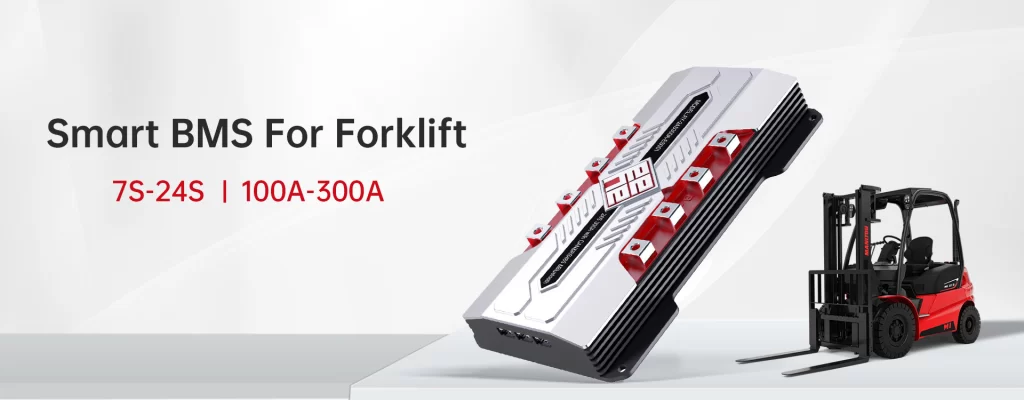
Functions of 12V Forklift Batteries
A forklift battery 12V is a rechargeable battery designed specifically for powering electric forklifts.
These batteries provide energy to forklift motors, ensuring that the vehicles can perform their tasks efficiently.
While the 12V forklift battery is one of the most common types, understanding its core features, advantages, and limitations will help you make an informed decision when selecting the right battery for your forklift.
Advantages of a Forklift Battery 12V
Choosing the right forklift battery 12V can bring several key benefits to your operation:
Lower Operating Costs: A well-chosen forklift battery 12V reduces energy consumption, leading to lower electricity bills and improved cost-efficiency.
Reduced Maintenance Costs: Lithium-ion forklift batteries 12V require less maintenance compared to traditional lead-acid batteries, saving both time and money.
Faster Charging Times: A forklift battery 12V with fast charging capabilities means less downtime and more operational hours for your fleet.
Improved Performance: High-quality forklift batteries 12V ensure smooth, continuous power supply, contributing to the overall productivity of your operations.
Eco-friendly: Lithium-ion batteries are more environmentally friendly as they do not contain harmful materials such as lead, making them a better choice for sustainability.
Types of Forklift Batteries: Is 12V the Best Choice?
Forklift batteries generally come in two main types: lead-acid batteries and lithium-ion batteries.
Each type has distinct advantages and costs associated with it.
Lead-Acid Batteries: These are the traditional choice for forklift battery 12V options.
They are affordable but require regular maintenance, including checking water levels and cleaning terminals.
Lithium-Ion Batteries: Although more expensive upfront, lithium-ion forklift batteries 12V offer quicker charging, longer service life, and require minimal maintenance.
When choosing between these two, a forklift battery 12V lithium-ion solution may offer greater long-term savings, particularly for businesses that require rapid charging and minimal downtime.
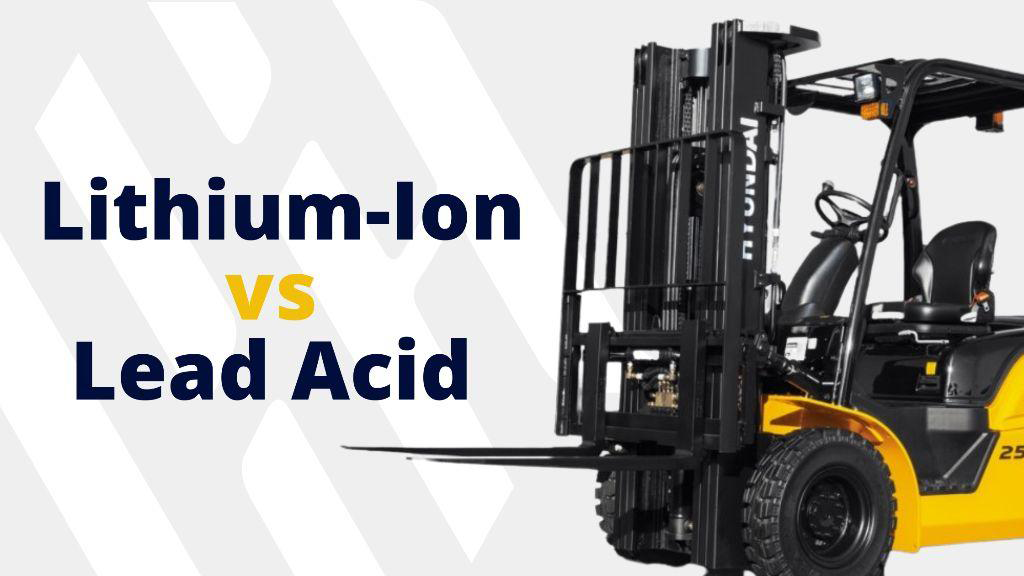
Forklift Battery 12V: Maintenance and Care
Proper care and maintenance of a 12V forklift battery can maximize its life and performance.
Here are a few tips for maintaining your battery:
Check Water Levels (for lead-acid batteries): Regularly inspect the water levels and add distilled water as necessary to prevent battery damage.
Clean the Terminals: Ensure the battery terminals are clean and free of corrosion to prevent poor connections that can reduce battery performance.
Proper Charging Practices: Always follow the manufacturer’s recommended charging cycle.
Avoid overcharging or deep discharging your forklift battery 12V, as this can shorten its lifespan.
Temperature Control: If using your forklift battery 12V in a hot environment, consider investing in a cooling system to avoid overheating.
How to Choose the Best Forklift Battery 12V
Choosing the right forklift battery ensures optimal performance, energy efficiency and longevity of your forklift fleet.
Whether you are replacing an existing battery or purchasing a new one, several factors must be considered to ensure you choose the best forklift battery for your needs.
Below, we outline key considerations and steps to guide you through the selection process.
1.Understand Your Power Requirements
The first step in choosing the best forklift battery is to understand the power needs of your forklift.
Forklifts come in different sizes, models, and power ratings, and they can be powered by different types of batteries.
Here are a few key points to consider:
Voltage and Capacity: Forklifts typically use 12V, 24V, or 48V batteries.
The voltage required depends on the size and model of the forklift, as well as its intended use.
A 12V battery is suitable for smaller, light-duty forklifts, while larger, industrial-grade forklifts may require 24V or 48V batteries.
For heavier-duty applications or forklifts used for extended hours, a 48V battery would likely be the best choice for providing sufficient power.
Energy Capacity (Ah): The ampere-hour (Ah) rating indicates the battery’s storage capacity.
It defines how long the battery can operate before it needs to be recharged.
A higher Ah rating means a longer run time.
Ensure that the battery’s Ah rating meets or exceeds the forklift’s daily usage requirements.
Run Time and Shift Requirements: Assess how many hours of operation your forklift will typically run each day.
For example, if you are running multiple shifts or need extended battery run times.
Then you should choose a battery with higher energy capacity and shorter charging time.
2.Choose the Right Battery Type
Forklift batteries typically come in two types: Lead-Acid and Lithium-Ion.
Each type has its own advantages and disadvantages, and choosing the right one depends on your budget, usage patterns, and long-term needs.
Lead-Acid Batteries:
Pros: Lower initial cost, widely available, and commonly used for basic operations.
Cons: Requires regular maintenance, longer charging times, and shorter lifespan.
They also need to be topped off with water periodically to ensure proper operation.
Lithium-Ion Batteries:
Pros: Higher upfront cost but longer lifespan, faster charging, maintenance-free, and more energy-efficient.
Lithium-ion batteries are also more environmentally friendly and are better suited for high-turnover environments or operations that require minimal downtime.
Cons: Higher initial investment, but the savings over the long term can outweigh the upfront costs due to reduced maintenance and longer service life.
3.Consider Charging and Maintenance Requirements
Choosing a forklift battery that matches your maintenance capabilities and charging infrastructure can optimize operational efficiency.
Lithium-Ion Battery Charging: These batteries typically charge faster (around 2 to 4 hours) and do not require watering or regular maintenance.
The flexible charging options (e.g., opportunity charging during breaks) make them ideal for operations with continuous shifts.
Lithium-ion batteries can also be charged during short intervals, reducing the overall downtime.
4.Look for a Battery with a Battery Management System (BMS)
A Battery Management System (BMS) is an essential feature in modern forklift batteries, particularly in lithium-ion batteries.
The BMS ensures optimal performance and safety by monitoring and managing the following:
State of Charge (SOC): Monitors the remaining charge and ensures that the battery is not overcharged or undercharged.
Temperature Monitoring: Prevents overheating by ensuring the battery operates within safe temperature ranges.
Cell Balancing: Ensures that all cells within the battery pack are at the same charge level to prevent early degradation and ensure long-term performance.
Forklift batteries equipped with BMS are generally more efficient, safer, and provide better reliability over time.
The BMS also contributes to predictive maintenance by alerting operators to potential issues before they become major problems.
5.Evaluate the Battery’s Lifespan and Warranty
The lifespan of a forklift battery is a critical factor in your decision-making process.
Lithium-ion batteries typically last longer than lead-acid batteries, offering 2,000 to 3,000 charge cycles.
Whereas lead-acid batteries usually last around 500 to 1,500 cycles depending on maintenance.
Additionally, many manufacturers offer warranties for their batteries.
A good warranty can provide peace of mind, as it will cover potential issues during the initial years of use.
Look for a 5-year warranty for lithium-ion batteries and a 2 to 3-year warranty for lead-acid batteries.
6.Total Cost of Ownership (TCO)
While the initial cost is an important consideration, the total cost of ownership (TCO) should be taken into account when choosing the best forklift battery.
TCO includes the initial cost, maintenance costs, energy costs, and replacement costs over the battery’s lifespan.
Lithium-Ion Batteries have a higher initial cost but lower maintenance costs, longer lifespan, and better energy efficiency, offering a lower overall TCO in the long run.
7.Compatibility with Existing Equipment
Ensure that the battery you choose is compatible with your forklift model.
Check the voltage, size, and connector types to avoid any issues with installation.
Most forklift manufacturers will provide specifications for the types of batteries that are compatible with their models, so be sure to consult these guidelines.
8.Consult with the Manufacturer or Dealer
When selecting a forklift battery, consult with a trusted manufacturer or dealer who can help you make the right choice based on your unique needs and operating conditions.
They can offer expert guidance on battery size, type, and features, and help you select the best battery that fits your budget and performance requirements.
By carefully considering these factors, you can ensure that you select a forklift battery that maximizes your operation’s efficiency and minimizes downtime.
Keeping your fleet running smoothly for years to come.
Reasons to Choose Ayaa Technology for Your Forklift Battery 12V Needs
At Shenzhen Ayaa Technology Co., Ltd., we specialize in providing high-quality forklift battery 12V solutions, including both lead-acid and lithium-ion options.
Our battery management systems (BMS) ensure that your forklift batteries operate safely and efficiently, helping to extend their life and reduce maintenance costs.
Whether you’re looking for a cost-effective, reliable solution or a high-performance lithium-ion forklift battery 12V.
Ayaa Technology can meet your needs with tailored solutions designed for your business.
Ayaa Technology offers:
Industry-Leading Technology: Our forklift battery 12V solutions are designed with advanced BMS for better safety and efficiency.
Global Experience: With over 20 years in the industry, we provide reliable battery solutions for a wide range of industries, from logistics to manufacturing.
Customization Options: We offer customized forklift battery 12V solutions to fit your operational needs, including voltage, current, and communication protocols.
Comprehensive After-Sales Support: We provide full customer support, including installation guidance, maintenance tips, and troubleshooting for your forklift battery 12V.
Choosing the best forklift battery 12V for your business can significantly enhance your operational efficiency and reduce long-term costs.
By considering factors such as battery type, charging time, maintenance requirements, and performance.
You can make an informed decision that ensures your forklift fleet runs smoothly for years to come.
At Shenzhen Ayaa Technology Co., Ltd., we provide high-quality forklift battery 12V solutions designed for durability and efficiency, helping your business succeed in the competitive market.
Contact Us
News Recommend
-
How does AYAATECH BMS work in E-scooters
01/16/2025 -
2024 battery show in Detroit,USA.
10/08/2024


